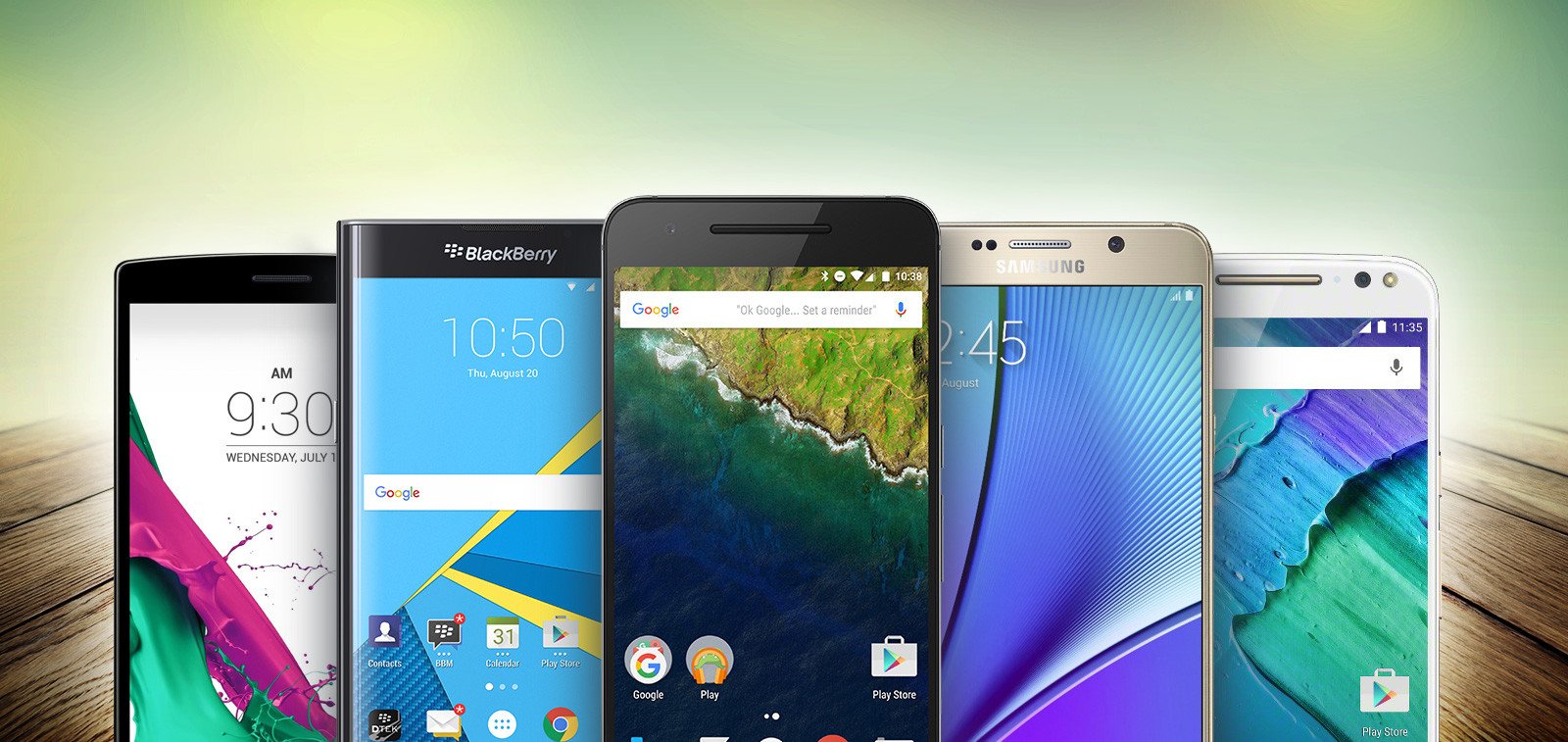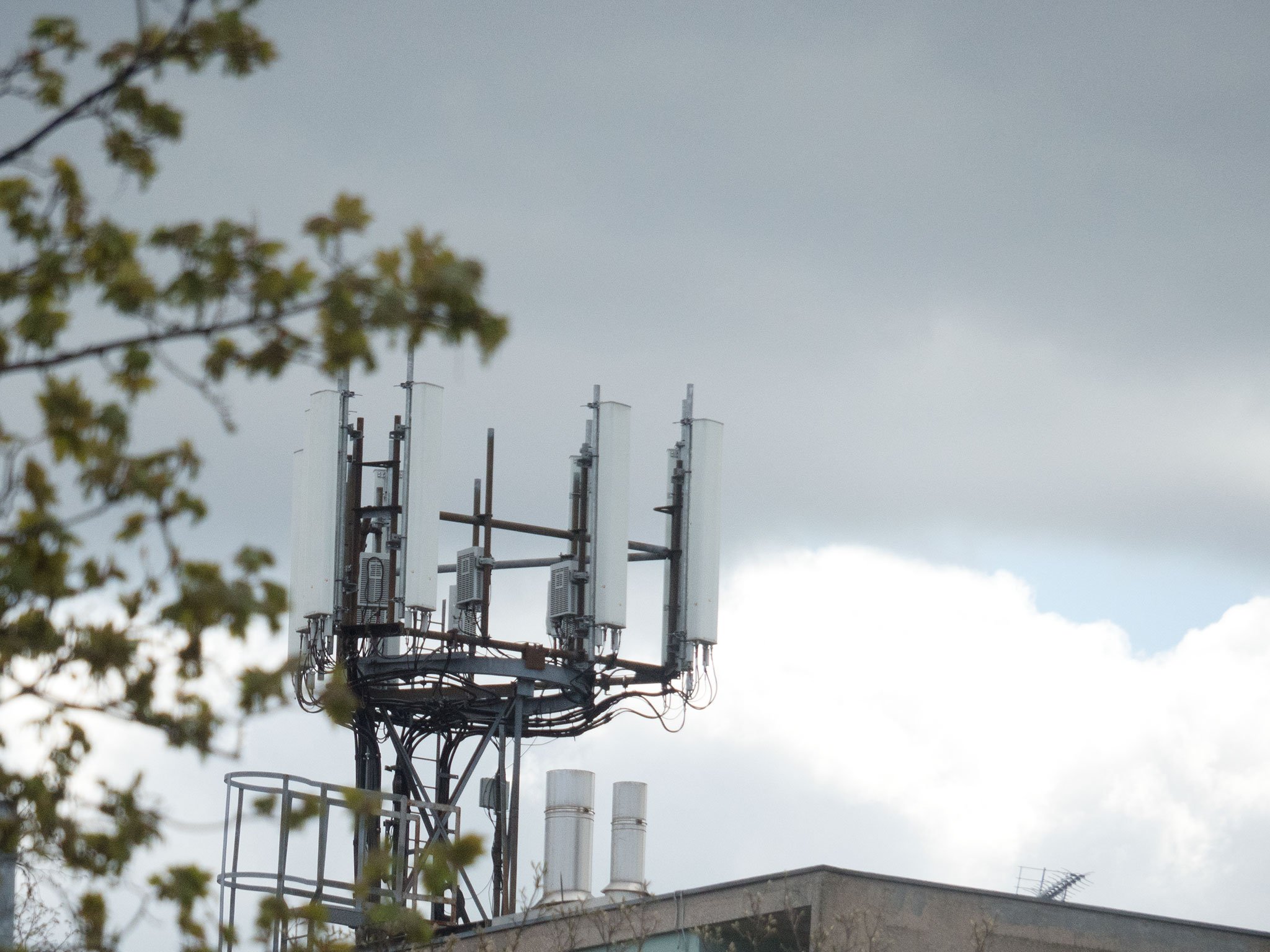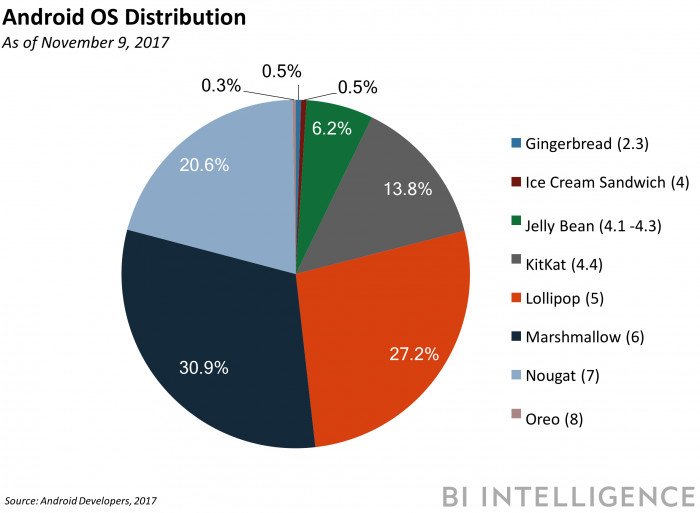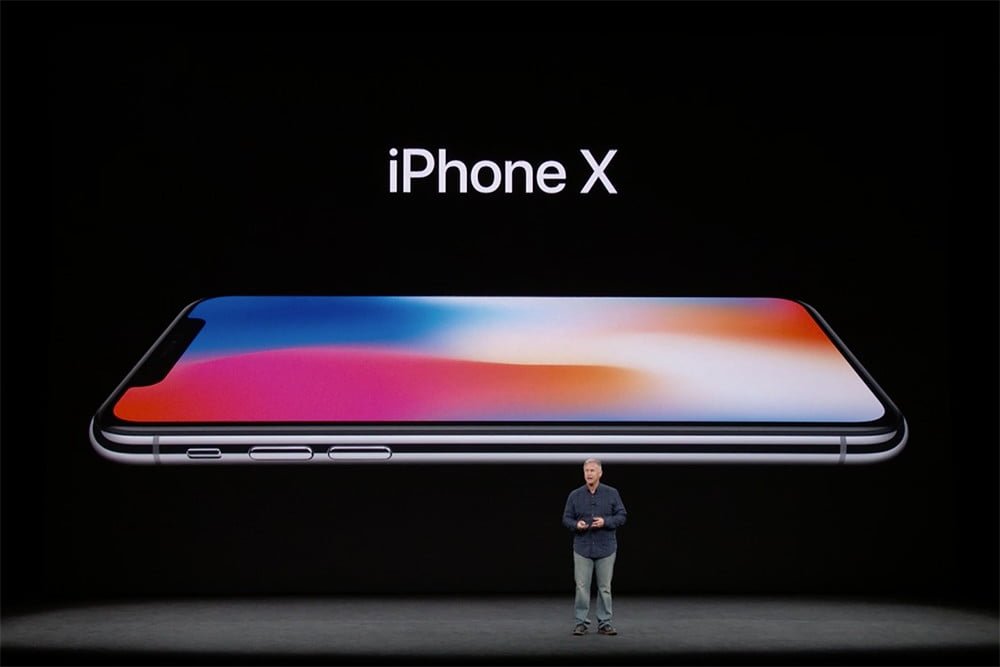Windows phone refugees may not find asylum on Android
Microsoft is pulling the plug on Windows 10 Mobile and users are wondering where they will hang their mobile hats next.

With Android devouring the lion's share of the mobile market and iPhone lapping up the rest, alternatives for the dejected Windows phone user are limited. Of course, one could stay with Windows phone until support is pulled or an expensive, enterprise-focused Core OS Andromeda device debuts. But that's some time away and isn't for consumers if nothing stops Microsoft from launching it.
For now fans are being bludgeoned with the reality that Window 10 Mobile will share the fate of Windows Phone, Windows Mobile and Pocket PC. Windows on ARM may yield a device to appease fans, but that's still future. At present an iPhone or Android phone are ever-increasing probabilities as a Windows phone user's next daily driver.
Consistent with that reality, Windows phone users have been dutifully instructed (by us) on how to switch to alternative platforms while maintaining as much Microsoft goodness as possible. But if you're still hanging on to your Windows phone, here are some reasons why you should not choose Android if you ultimately succumb to the pressure to move on.
Windows phone refugees may not find asylum on iPhone
Android is a magnet for malware and viruses

According to Nokia's 2017 Threat Intelligence Report over two-thirds of all infected devices in the past year were running Android.
Android's prolific presence appeals to the perverse parts of people who purposefully position themselves to perpetuate problems. If you think that's hard to say three times fast, consider how difficult it is to avoid the more than 75 percent of Android apps that are secretly tracking users. Yale Privacy Lab found hidden trackers in hundreds of popular Android apps including Spotify, Tinder, PayPay, Uber and SnapChat. Yes, three out of four Android apps have been tracking billions of user's locations, behavior and device usage and could even access smartphone cameras without user's knowledge. Even more problematic is that these trackers could come as part of an app update rather than being a part of the apps original install. That's a lot to chew on if you're considering joining team Android.
In response, Google is implementing new standards that will require apps that collect user data to provide a warning to that effect. Google will begin enforcing this in January 2018. Will it be enough?
Get the Windows Central Newsletter
All the latest news, reviews, and guides for Windows and Xbox diehards.
Locations were off, but Google was still tracking users

A recent Quartz report revealed that since the beginning of 2017 Google had been actively tracking Android phone users even with device locations turned off and no SIM card inserted. Android phones were actively sending Google the address of every cell tower to which a user's device connected. A Google spokesperson said that the data wasn't stored and was only used to "improve the speed and performance of message delivery."
Still, this data gave Google the ability to track a user's movements to a degree that was both unknown to consumers and beyond reasonable expectations of consumer privacy. Google could actually triangulate a user's location up to a quarter mile and even more accurately in urban areas.
The potential of a third-party hijacking and misusing the data was an additional risk. There are numerous scenarios where individuals locations are legitimately concealed. A law enforcer, a battered woman in a safehouse or anybody who just wants to keep their personal business personal.
Beyond improving messaging could Google's intent as a company which profits from advertising been to provide advertisers with location data so that users could be targeted if they entered particular businesses? After Quartz uncovered its snooping, Google agreed to stop tracking users by the end of November. But given this history and evidence of the company's character, is the damage already done and what might Google do in the future?
Android is a fragmented mess

Of the two billion Android devices in use, half are running some version of the OS that's over two years old with no hope of an upgrade to something newer.
The latest version, Oreo, was only on 0.3 percent of devices as of November, and the preceding version Nougat (which was released in November 2016) was only on 20.6 percent of devices

This fragmentation limits access to new technologies due to underpowered specs of some devices. Google's AR platform, ARCore, won't run on most Android phones in the market, for instance. Security concerns are also difficult to address when a platform isn't uniform.
Windows phone users considering Android must accept that the device he chooses may not get the latest updates. He must also accept that the ecosystem he's buying into will be a fragmented mess for the foreseeable future.
Google's Project Treble is designed to help Android OEMs and carriers deliver updates to new versions of Android faster. Since it was just released with Oreo this year it'll be years before we see its effects.
Resistance is not futile

Though Google is addressing some of the above issues its respect for user privacy has long been a legitimate concern. Platform vulnerability is also a problem.
So Windows phone fans, switching from Windows phone may be an inevitable choice, but switching to Android is not. If security, privacy and platform consistency are important to you, then the iPhone may be more your flavor. Then again you may want to stick with your Windows phone until the bitter end.
Hey Windows phone fans - ignore the haters, use what you love
Who knows, if you hold out long enough, there might be a new (expensive and enterprise-focused) Windows device in your future.
Related reading
- Windows phone refugees may not find asylum on iPhone
- Why Microsoft should never had stopped making camera-focused phones
Jason L Ward is a columnist at Windows Central. He provides unique big picture analysis of the complex world of Microsoft. Jason takes the small clues and gives you an insightful big picture perspective through storytelling that you won't find *anywhere* else. Seriously, this dude thinks outside the box. Follow him on Twitter at @JLTechWord. He's doing the "write" thing!

